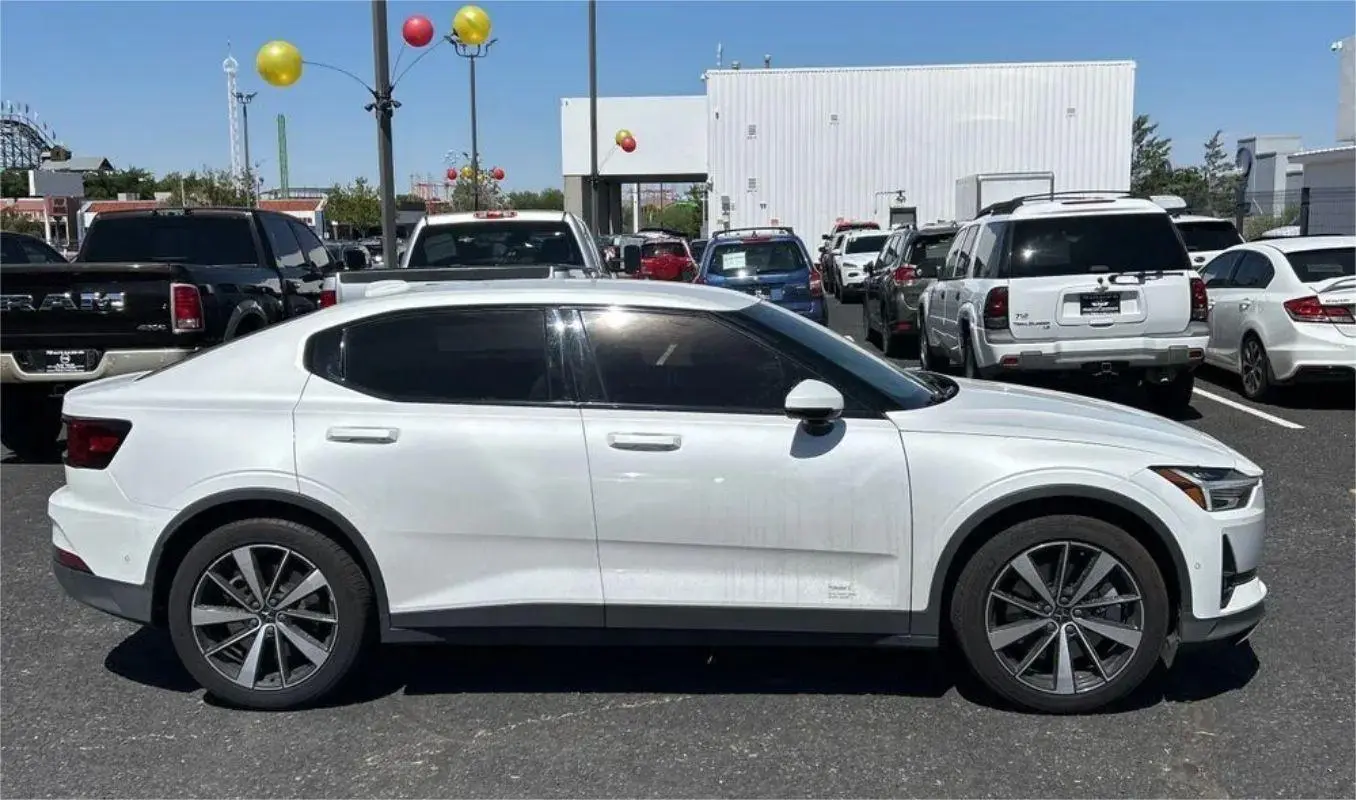Switching to an electric car doesn’t have to cost a fortune—and in 2025, it really doesn’t. As more EVs enter the used market, prices are finally dropping into a sweet spot for everyday buyers. That means reliable, efficient, and fun-to-drive electric vehicles are now within reach, even if your budget is under $25,000.
In this guide, we’ll walk you through the best options, based on what’s currently available, what’s worth your money, and what’ll make you smile behind the wheel. Whether you’re shopping online or at your local center, like Indy Auto Man Indianapolis car dealership, this list is your cheat sheet.
Why Go Electric—And Why Buy Used?
If you’re already considering an EV, you probably know the perks:
- Say goodbye to gas stations;
- Lower maintenance costs (no oil changes!);
- Quiet, smooth driving;
- Tech-forward features even in older models.
However, buying used offers something extra: significant savings. It’s not unusual to see EVs that cost $40,000 or more, selling for half that just a few years later. There are even solid electric cars across the U.S. that can deliver excellent value if you know where to look.
Top Picks
Nissan Leaf (2018-2022)
You can find the affordable and easy-to-drive Leaf everywhere. Newer models provide a range of up to 226 miles, but older models are still suitable for city driving.
Pros:
- Simple to locate and maintain;
- Low insurance costs;
- Perfect for local trips or quick commutes.
Chevrolet Bolt EV (2017–2022)

Arguably the best all-around deal. The Bolt delivers over 250 miles of range, making it perfect for road trips, not just errands.
Pros:
- Long range;
- Fast and fun to drive;
- Eligible for federal EV tax credit (even used!).
In 2025, it’s one of the most common EVs under $25,000 in Indiana, especially among drivers looking for a solid range without a luxury price tag.

Hyundai Ioniq Electric (2019–2021)
This one’s a sleeper hit. The Ioniq is super-efficient, comfortable, and comes with Hyundai’s great warranty (often transferable).
Pros:
- Elegant design;
- Great energy use per mile;
- Quiet and well-built.
BMW i3 (2017–2020)
If you’re looking for something a little different, the i3 brings a unique personality. With its unique look and surprisingly zippy drive, it’s fun and eco-chic.
Pros:
- Premium feel;
- Optional gas-powered range extender;
- Compact and perfect for city life.
Tesla Model 3 (2018–2019, base trims)
Yes, you can get into a Tesla for under $25k—but you’ll have to shop smart. Older Model 3s with higher mileage are hitting this price point, especially from private sellers.
Pros:
- Whole Tesla experience at a fraction of the Price;
- Access to the Supercharger network;
- Frequent software updates keep things fresh.
What to Check Before You Buy
Not all EVs are created equal, and buying used means being more cautious. Here’s what to do:
- Battery health report: Ask for it or get it checked.
- Charging needs: Make sure you have access to Level 2 charging at home or nearby.
- Mileage vs. warranty: Check if the battery is still under coverage.
- Included gear: Charging cables and adapters can be pricey to replace.
- History & maintenance: Even EVs need love—brakes, tires, software updates.
Final Thoughts: The Smart Road Ahead
The used EV market is full of genuinely great options that are affordable, ecological, and a blast to drive. Whether it’s the ultra-practical Nissan Leaf, the long-range Chevy Bolt, or even a well-loved Tesla Model 3, there’s something out there that fits your style and your budget.
So take a deep breath, do a little research, and head out (or log on) with confidence. The right EV is waiting for you—and it’s closer than you think.

